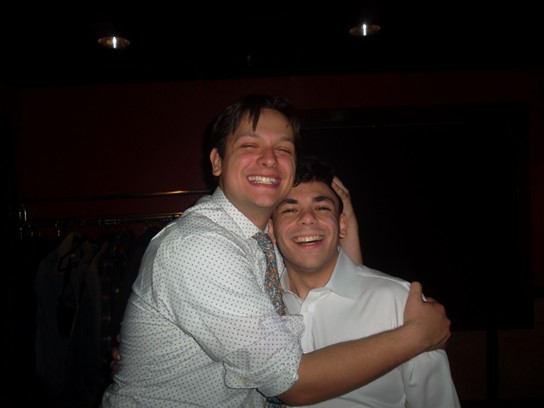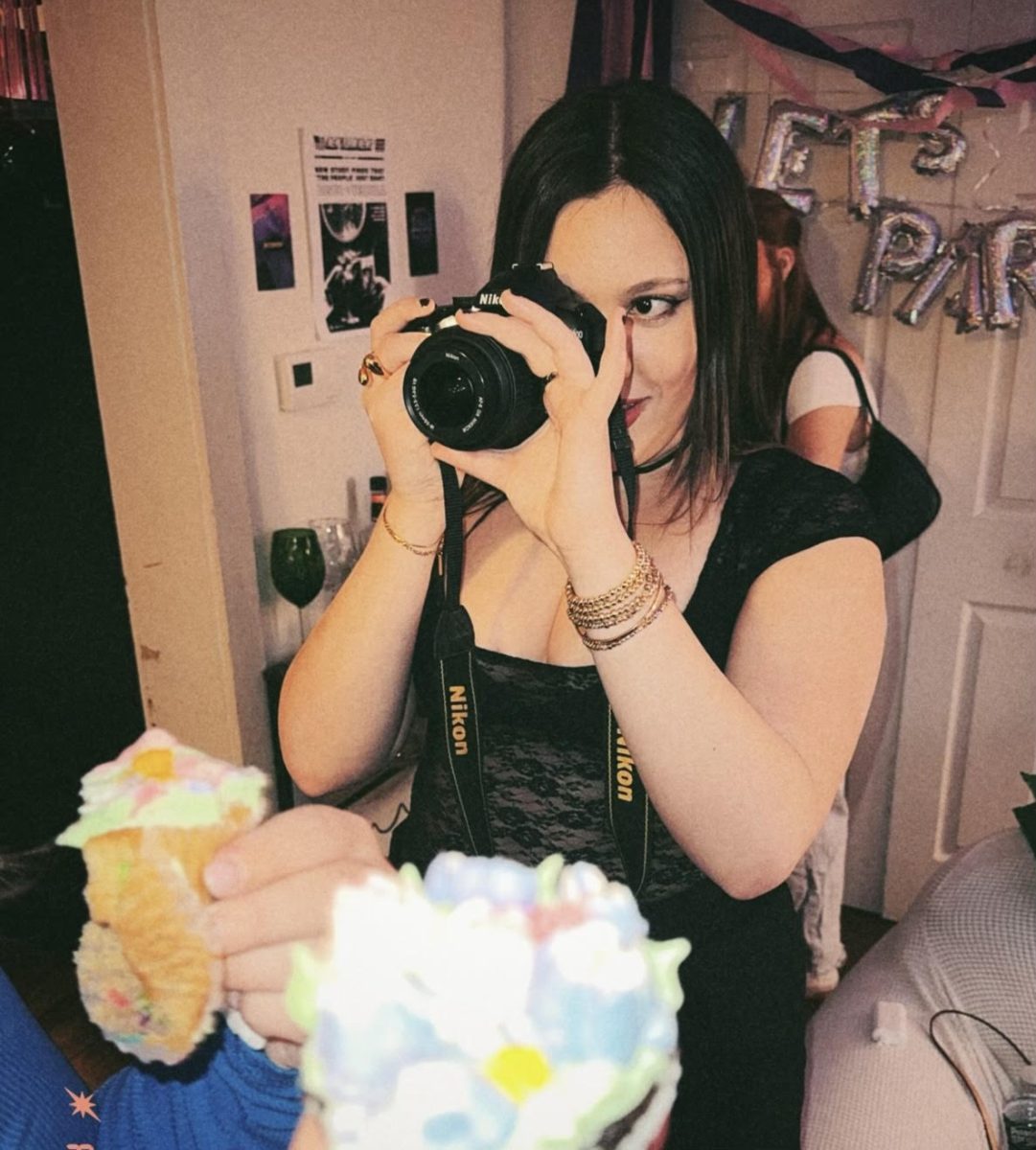In the fall of 2021, I published a series of stories that covered the new Student Union and how the space was not designed to support all of UMass’ Registered Student Organizations and Agencies. Student groups had trouble booking space, holding meetings, and organizing events.
Directly after the disease-that-shall-not-be-named, rebuilding the campus community should have been the University’s top priority. Students, myself included, were depressed and craving genuine connections with other students. So, I took it upon myself to talk to as many student groups as I could and write about them all, with the hope that putting a spotlight on student groups would help them regrow after a tumultuous 2020.
After spending years covering student groups, I became the editor-in-chief of the best one. Our 202-person staff is made up of the smartest, kindest and most welcoming students UMass has to offer. And I don’t say this with any shade to the lovely student groups I’ve worked with over the years, but I can’t imagine a more perfect place for a wandering freshman to step foot into than room 210A in the Student Union.
We offer all the traditional perks of student groups: community events, professional development and a space to make friends. We even haze our writers, if getting sent to cover a multi-hour SGA meeting meets the University’s definition of hazing.
What most groups don’t offer, however, is a legitimate reason to talk to anyone that interests you in the community. You want to talk to Greg Carvel? We can get you in the press box. You want to interview the local band you heard when you were hammered at a house party last weekend? We can set you up with their lead singer. In other words, most clubs and organizations are groups dedicated to a singular activity or mission. We’re dedicated to every group, every student and everything that happens on our campus.
For me, this dedication is what made UMass a home and not just a diploma factory. I learned about student government, rich cultural organizations, administration drama, campus activism and so much more. I honestly don’t know how a student is expected to keep up with everything that goes on at a university if they aren’t a journalist.
And I learned a lot about myself along the way. I learned how to write, how to stand up for myself and how to talk to the powerful and powerless. I learned how to lead a big group, how to listen in small groups and how to help my editors bring their ideas to life.
I wish I didn’t, but I also learned that being a journalist is objectively a objectively bad job by modern standards. The pay is poor, the hours are grueling and everywhere you go, someone’s got a problem with what you’re doing. There’s something about editing a 5000-word piece at 4 a.m. after working on it for eight hours that makes you question why you even bother with it all in the first place. But it’s always right after you get those unrelenting self-doubts that a new conflict emerges and you immediately start reaching out to writers, editors and sources because you cope with the world through writing about it and well, someone’s gotta do it.
If a tree falls in a forest and no one’s around, journalism has failed in that forest. What does this tree falling say about the infrastructure of the tree roots? How did the collapse affect the local rabbits? Should forest inhabitants be concerned about future trees falling unexpectedly? If there is not someone asking questions and writing within a community, how can the community exist?
It’s not really a philosophical question. A community cannot support its members if it is not held accountable. Art and ideas cannot blossom into cultural and scientific masterpieces if no one is around to share them. People cannot grow if they do not read stories written by another and learn from their experiences.
Without UMass’ vibrant community of journalists, I never would have made it through four years here. By my sophomore year, the only thing that cut through the cold, brutalist aesthetic of this school was the warmth I felt in the Collegian office. And it is that warmth that allowed me to see and appreciate all the beautiful, weird and complicated quirks of Massachusetts’ largest public university.
To the Collegianites who’ve already graduated, I hope you’re still writing.
To those graduating with me, I hope we all find gainful employment doing what we love.
To those sticking around next year, I hope you write about all the trees that fall down around you.
Lucas Ruud can be reached for the next six months at [email protected], after which he will lose access to this address and can then be reached at [email protected] 🙁
P.S. To Luke Halpern, you were always the #1 Luke, even if the rankings said otherwise.





















